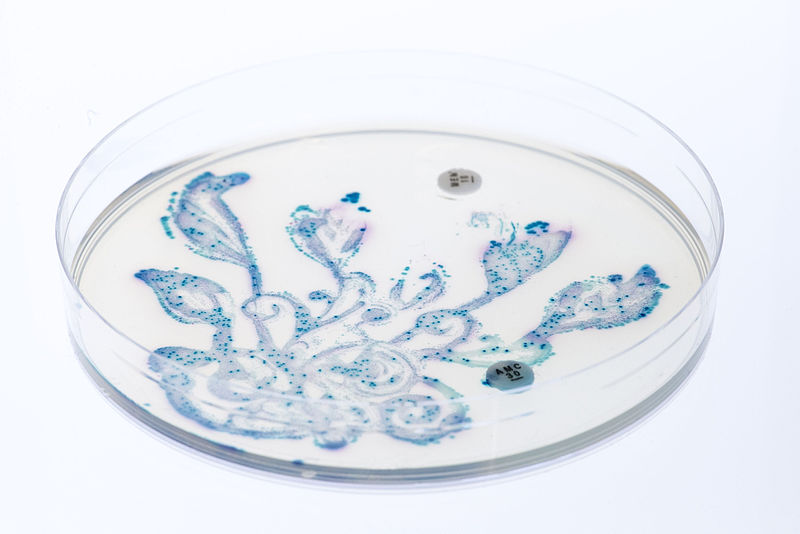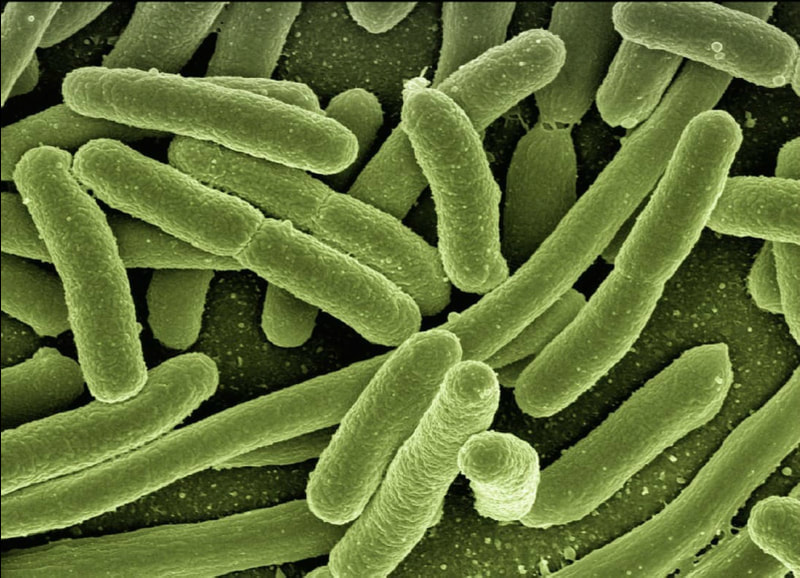Fish are Friends and Food: The Potency of Marine-Derived Omega-3 Oils in Tumor Suppression
Cancer is one of the leading causes of mortality in the United States, with approximately 1.8 million new cases in the last year alone. Of the numerous types of cancer, breast cancer is the most prevalent among women worldwide and the second leading cause of death for women in Canada and the United States. Previous studies have found connections between dietary habits and risk of developing breast cancer. However, cutting-edge research has revealed a significant link between marine-derived omega-3 oil and suppression of tumor growth.
Omega-3 fatty acids are one type of dietary fat, integral in maintaining good health. There are many different types of omega-3 oils, but the three most common are known as alpha-linolenic acid (ALA), eicosapentaenoic acid (EPA), and docosahexaenoic acid (DHA). ALA is a plant-based fatty acid found in flaxseed, canola, and hemp oil. EPA and DHA are both marine-based fatty acids and can be found in seafood such as halibut and salmon. Western diets typically contain more ALA and other plant-based omega-3s than marine-based oils like EPA and DHA. All omega-3 oils are capable of improving cardiac health, decreasing liver fat, promoting bone health, and preventing dementia. In addition, omega-3s can also induce cell death in a tumor, halting the rapid growth of mutated cells.
Omega-3 fatty acids are one type of dietary fat, integral in maintaining good health. There are many different types of omega-3 oils, but the three most common are known as alpha-linolenic acid (ALA), eicosapentaenoic acid (EPA), and docosahexaenoic acid (DHA). ALA is a plant-based fatty acid found in flaxseed, canola, and hemp oil. EPA and DHA are both marine-based fatty acids and can be found in seafood such as halibut and salmon. Western diets typically contain more ALA and other plant-based omega-3s than marine-based oils like EPA and DHA. All omega-3 oils are capable of improving cardiac health, decreasing liver fat, promoting bone health, and preventing dementia. In addition, omega-3s can also induce cell death in a tumor, halting the rapid growth of mutated cells.

Though getting essential omega-3 fatty acids from a natural source, such as fish, is ideal, using supplements is also a good way to meet the recommendation for dietary omega-3. These oils have many beneficial effects, such as reducing blood fat levels, joint pain, inflammation, and memory loss linked to aging.
Image Source: Pixabay
Omega-3s play a large role in suppressing tumor growth. They accomplish this by activating specific genes associated with the immune system and blocking tumor growth pathways. In a study led by the University of Guelph in Canada, researchers have found that the breast cancer-suppressing potency of marine-derived omega-3s is higher than that of plant-derived oils. In this study, groups of mice were exposed to the three different omega-3 oils before tumors developed. This created a baseline that allowed researchers to compare how effective the oils were at preventing cancerous growth. The researchers found that marine-based omega-3s were eight times more effective at inhibiting tumor development and growth than plant-based oils. Exposing mice to the marine-based omega-3s, EPA and DHA, reduced the size of the mice’s tumors by 70% and the number of tumors by 30%. Higher doses of the plant-based oils, like ALA, were required to match the beneficial impact of EPA and DHA. In addition, plant-based fatty acids can create byproducts that are pro-inflammatory and actually promote cancer. Increased chronic inflammation can be detrimental to long-term health, as this prolonged state of emergency can cause lasting damage to organs. By contrast, the same family of byproducts created from EPA and DHA are anti-inflammatory and cancer-inhibitory.
The knowledge gained from this study is vital for the development of dietary strategies to prevent breast cancer in Western countries. The researchers concluded that, ideally, individuals should consume two to three servings of fish per week to receive an adequate amount of dietary omega-3. Supplements, like DHA milk, can also offer similar preventative effects. Though this study was conducted with a focus on breast cancer prevention, these same treatments have the potential to be incorporated into treatment programs for other cancers
The knowledge gained from this study is vital for the development of dietary strategies to prevent breast cancer in Western countries. The researchers concluded that, ideally, individuals should consume two to three servings of fish per week to receive an adequate amount of dietary omega-3. Supplements, like DHA milk, can also offer similar preventative effects. Though this study was conducted with a focus on breast cancer prevention, these same treatments have the potential to be incorporated into treatment programs for other cancers
Featured Image Source: Oscar Mikols
RELATED ARTICLES
|
Vertical Divider
|
Vertical Divider
|
Vertical Divider
|





